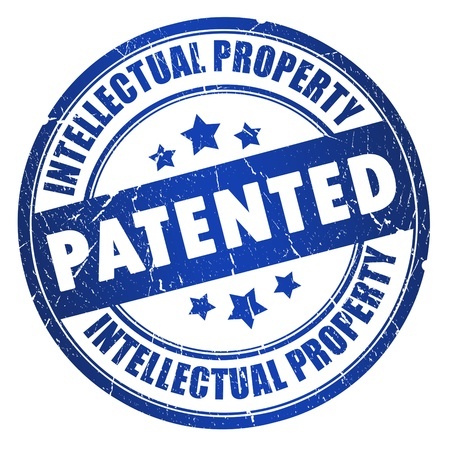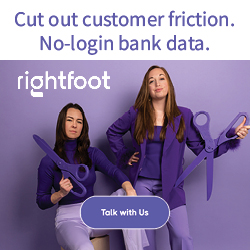Kabbage Has Leverage With Patents
 If you’re planning on introducing new technology to the merchant cash advance or alternative business lending space, you might want to start filing a patent, or else end up violating someone elses.
If you’re planning on introducing new technology to the merchant cash advance or alternative business lending space, you might want to start filing a patent, or else end up violating someone elses.
I’ve brought up Kabbage and patents before, but another one of theirs caught my attention. In their invention named, Method and Apparatus to Evaluate and Provide Funds in Online Environments, they claim the right to an automated application, scoring, approval, and funding model for online businesses.
Will their claim interfere with what the rest of the industry is already doing or has set their sights on?
Kabbage CEO Rob Frohwein is no amateur to the intellectual property game. With more than 30 patents to his name, Intellectual Asset Magazine once referred to him as one of the world’s top intellectual property strategists. That makes Kabbage a rather dangerous foe in the booming world of alternative lending.
The above referenced patent is summarized as:
(a) receiving mandatory information about a user and storing the mandatory information in an electronic computer database; (b) allowing a user to choose whether to enter optional information about the user, and upon receiving the optional information, storing the optional personal information in the electronic computer database; (c) computing a score using the mandatory information and optional information if provided; and (d) determining whether to approve a transfer of funds using the score, and upon approval initiating an electronic transfer of funds from a cash server to an account associated with the user, (e) wherein upon the user entering the optional information the user receives an incentive.
If you read through the entire description of the patent and scan through the photos, you’ll notice they included an option for applicants to submit additional data that could reward them with a higher approval. Such data includes sharing all their LinkedIn and Facebook friends with Kabbage, which Kabbage says it will use to systematically evaluate, determine the ones that are business owners, and solicit them.

Additionally, it outlines how such optional data could be used in their assessment of the applicant:
TABLE III
site metric significance
FACEBOOK user has more friends favorable
FACEBOOK user has less friends unfavorable
FACEBOOK fan page existsf or user favorable
FACEBOOK no fan page for user unfavorable
FACEBOOK more people like user’s fan page favorable
FACEBOOK less people like user’s fan page unfavorable
FACEBOOK more people comment on user’s fan page favorable
FACEBOOK less people comment on user’s fan page unfavorable
FACEBOOK new articles posted more frequently on user’s favorable fan page
FACEBOOK new articles posted less frequently on user’s unfavorable fan page
TWITTER user has more followers favorable
TWITTER user has less followers unfavorable
TWITTER user’s followers have more followers favorable
TWITTER user’s followers have less followers unfavorable
LINKEDIN user’s company has more employees favorable
LINKEDIN user’s company has less employees unfavorable
LINKEDIN user’s profile has more views favorable
LINKEDIN user’s profile has less views unfavorable
In their filing they also submitted what they believe to be the definition of a merchant cash advance.
A merchant account advance is an advance by an advancing party that uses a seller’s merchant account in order to receive payments by the seller for the amount advanced. For example, a seller uses their merchant account to receive payments by credit card (e.g., VISA, MASTERCARD). Once payments are processed the amounts go directly into the seller’s merchant account. When a merchant account advance (or “merchant cash advance”) is made, when a payment is processed, instead of it going directly into the seller’s account the payment may go directly into an account of the advancing party. There are alternative ways to implement merchant cash advance, including a simple advance against future receivables, but when these receivables are received they still go into the existing payment account.
That last line totally acknowledges the ACH payment phenomenon. Hopefully they didn’t file for a patent on that too. Then there might really be trouble.
Whether or not your inventions or technology is patentable or conflicts with a Kabbage held patent would best be determined by consulting with an attorney. Let this be a reminder or notice though that the battle taking place in alternative lending is happening on many levels. As the industry matures, patents could become an Ace in the hole.
Last modified: April 20, 2019Sean Murray is the President and Chief Editor of deBanked and the founder of the Broker Fair Conference. Connect with me on LinkedIn or follow me on twitter. You can view all future deBanked events here.































